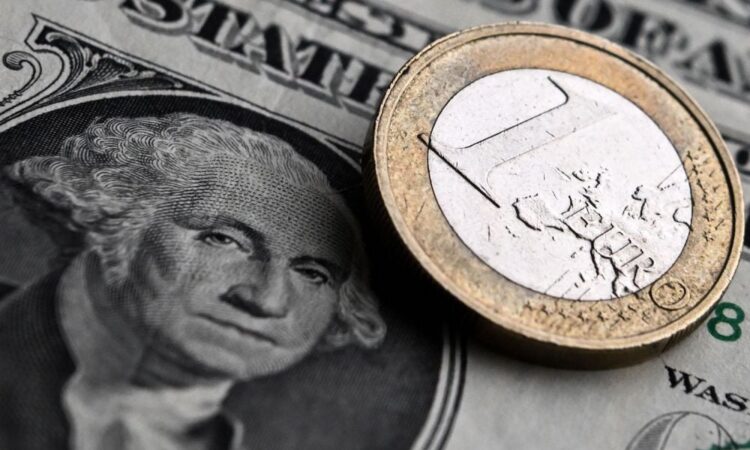
For years, people have been predicting the end of the dollar as the world’s reserve currency. In the runup to the U.S. election on Nov. 5, these predictions have resurfaced because of former President Donald Trump. If he wins, he is likely to punish foreign companies for doing business with countries he doesn’t like and to use the dollar’s dominance to enforce sanctions.
In response, other countries might try to insulate themselves, including through currency policy. Recently, for example, the BRICS countries announced the creation of an alternative international payment system, bypassing the Western-led SWIFT system.
For years, people have been predicting the end of the dollar as the world’s reserve currency. In the runup to the U.S. election on Nov. 5, these predictions have resurfaced because of former President Donald Trump. If he wins, he is likely to punish foreign companies for doing business with countries he doesn’t like and to use the dollar’s dominance to enforce sanctions.
In response, other countries might try to insulate themselves, including through currency policy. Recently, for example, the BRICS countries announced the creation of an alternative international payment system, bypassing the Western-led SWIFT system.
What will Europe do? Its most dominant members—Germany and France—do not want Trump to win. Their perception and experience is that Trump detests Europe, and Germany in particular. European countries have not forgotten his withdrawal from the Iran nuclear agreement in 2018, which promised Iran sanctions relief in exchange for it scaling down its nuclear program. Trump then punished European companies for their entirely legal business with Iran. The European Union then set up an alternative payment system in euros but it never gathered real steam.
In some European quarters, informal talk about “de-dollarization” can be heard again. The idea is to protect the continent’s policies and businesses against renewed abuse by Washington. The euro is the world’s second reserve currency: Its share in global international currency use is about 19 percent, according to the European Central Bank.
Any plan to strengthen this international role requires more robust political support from its 27 member states. This would include a European capital markets union, a eurozone budget, and the issuance of more European bonds. For some eurozone members, such as Germany, these steps are anathema. But a Trump victory would almost certainly put the issue back on the table in Brussels.
